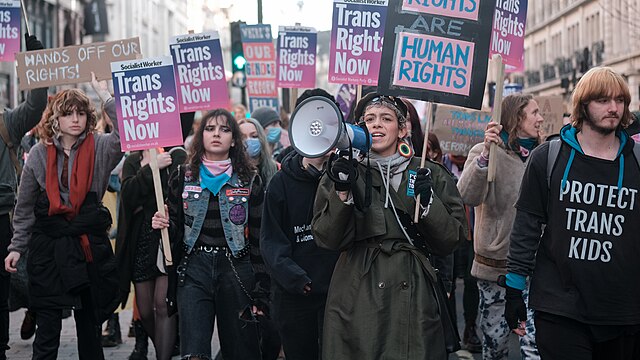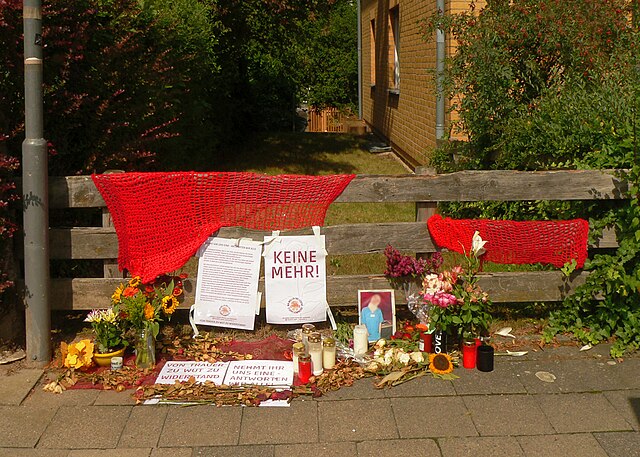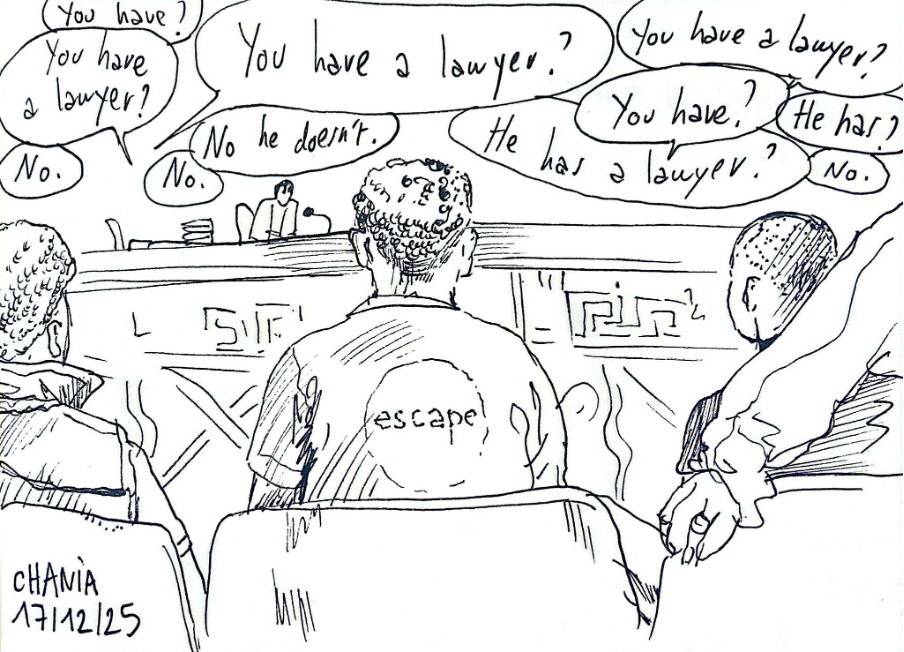Your Excellency, The judgement of the UK Supreme Court in the case For Women Scotland v The Scottish Ministers has a devastating effect on the daily life of transgender and non-binary people, not just in the UK but anywhere in the western world like it has in Germany too. That´s why we‘re reaching out to you.
We are convinced that the court´s unanimous judgement is unanimously biased and that the judges sided with the appellants, regardless what transgender people had to say about it. They simply haven´t been heard. In a case like this that is not just unusual, it looks like basic procedures like those in any other supreme or constitutional court in the western world have been omitted. Though we are no experts in British judiciary, that can´t be right. The judgement itself does not create “clarity” as the British Government calls it. In our opinion, it contradicts the Gender Recognition Act (2004) and the legal framework that made it come to life: The judgements of the European Court of Human Rights, and the European Court of Justice. On the contrary, the Supreme Court gave no hint that EU case law had to be set aside. The UK are still a member of the European Council on Human Rights. Back in 1997 the European Court of Justice decided discrimination on grounds of being transgender is discrimination on grounds of “sex”.
That judgement is part of the Supreme Court´s opinion making but hasn´t been fully taken into account. Even worse, the UK´s Equality and Human Rights Commission vastly overstretched the Supreme Court´s judgement with its preliminary guidelines published recently.
In our opinion it´s a violation of Art.11 Human Rights Act (1998) to tell women-only, lesbian-only or gay-only and men-only associations who should become a member or not. EHRC is telling these associations they have no say in that. If an association like those deliberately doesn´t admit trans* people so be it, but we think it´s illegal to force them. The supposed “clarity” will probably lead to transgender men applying for membership in a women-only club let´s say a gym. A transgender man (“biological woman”) with a beard and a low voice there or a nice “female” looking trans* woman entering a men-only gym, forced into this situation by law, will clarify only the ignorance behind this legal action. Moreover, employers are now be forced to actively ask their employees whether they are trans* or not to avoid trespassing English law. Once a trans* person is known to the management, she will be forced to out herself as trans* every day, once she uses a bathroom.
This kind of “clarity” creates embarrassing and discriminating situations and contradicts provisions of the Equality Act regarding gender reassignment. First examples became apparent in May. For us, EHRC´s guidelines are a 21th century version of apartheid. EHRC is degrading itself to an institution promoting inequality on a path already laid out. We´d appreciate an answer from you to the following questions:
How exactly will the British Government ensure the dignity of transgender people in light of our arguments brought forward?
The Supreme Court Judgment in For Women Scotland v The Scottish Ministers will probably be contested at the European Court of Human Rights. Will the British Government accept a verdict from that court?
Does the British Government support or not support any change of how sex data are recorded, leading to passports and other documents showing the sex recorded at birth of transgender people rather than an updated gender marker?
mit freundlichen Grüßen
Jenny Wilken, dgti




